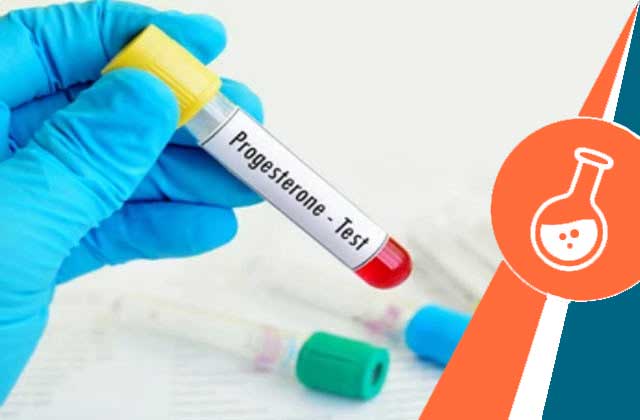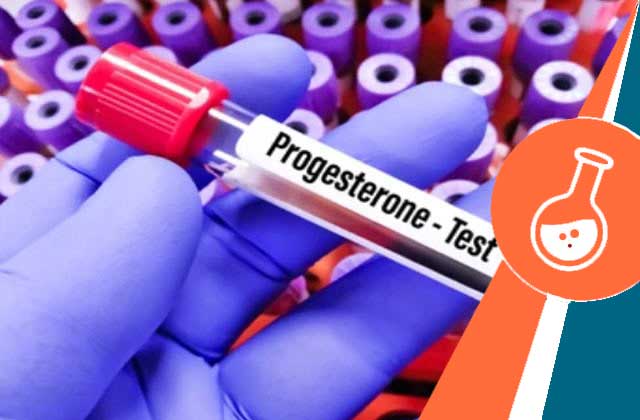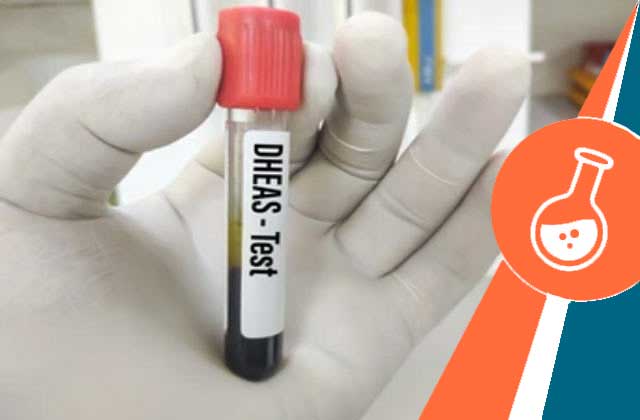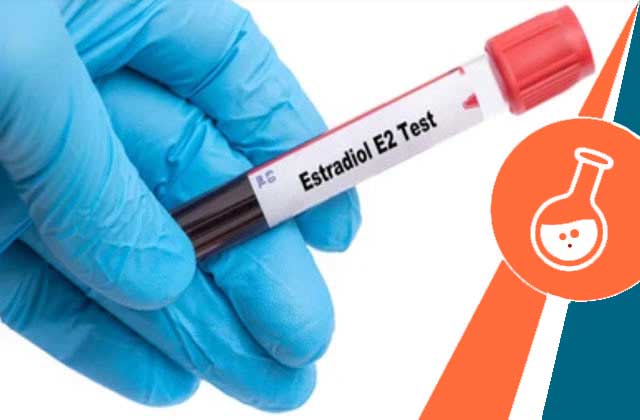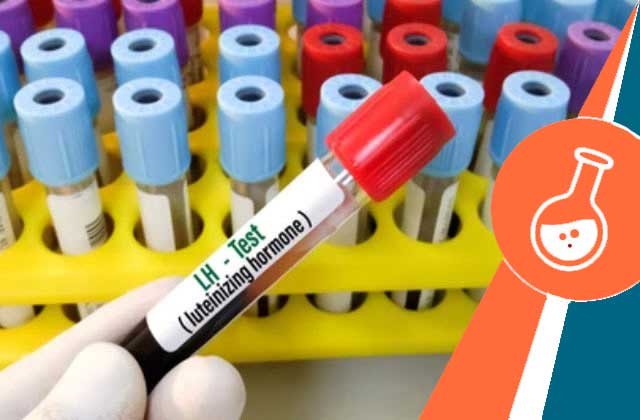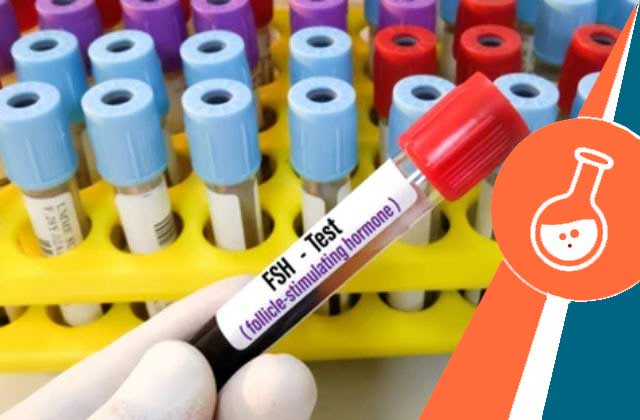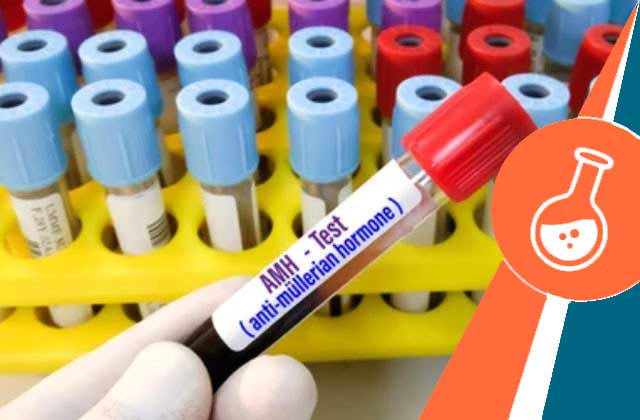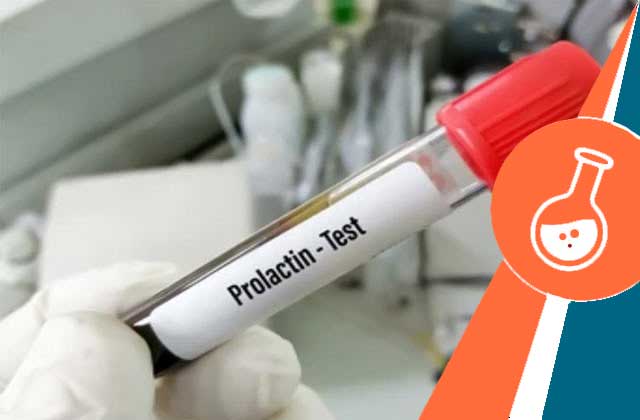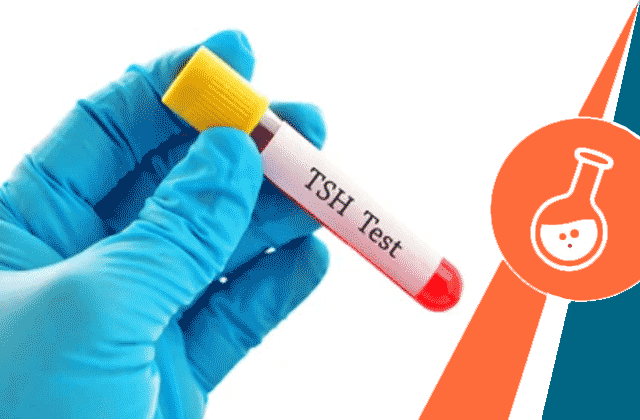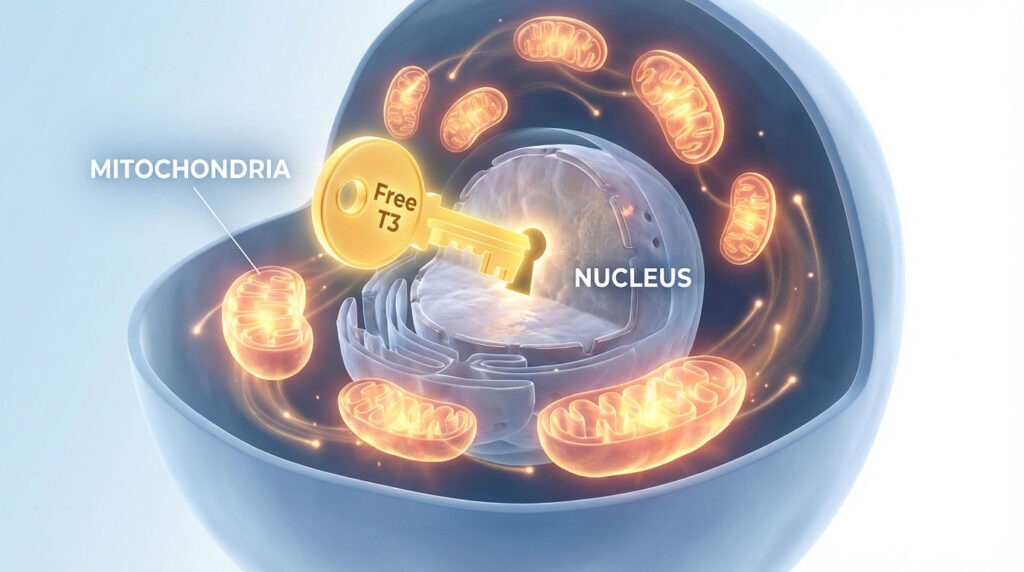Infertility Testing For Women
INFERTILITY TEST FOR WOMEN
Infertility test for female is a collection of medical tests and treatments used to determine the root reasons for infertility. A physical exam, blood tests, imaging tests such as ultrasounds or X-rays, and tests to examine the function of your reproductive organs are all possible.
Infertility is a common problem among couples trying to conceive, affecting up to 15% of all couples, Your partner may also be tested to see if any male component difficulties are causing infertility.
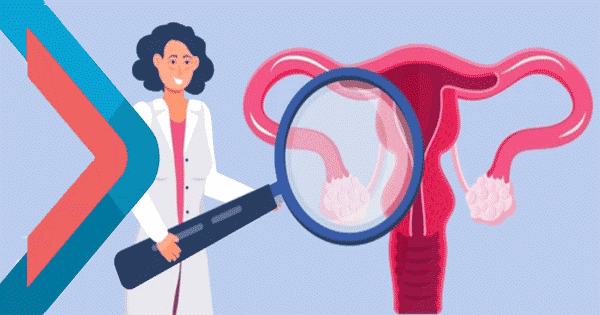
Explore Infertility Profile Test For Females | Explore Fertility Test Packages List & Packages
₹3079
₹2014
- Includes 1 Parameters
How To Get This Test

CHOOSE YOUR TESTS

PHLEBOTOMIST VISITS YOUR PLACE

GET YOUR TEST REPORTS
PURPOSE
What Is The Purpose Of A Infertility Testing?
If you have been trying to conceive for a significant amount of time without success, you may need a female infertility profile test. Fertility test for women can help identify any underlying medical conditions preventing you from getting pregnant. These at-home blood tests can also help determine the overall health of your reproductive system and identify any potential issues that may affect your ability to conceive. Infertility profile test for women can provide valuable information to help your healthcare provider develop a personalized treatment plan to help you achieve your fertility goals.
CAUSES
What Are The Causes Of Infertility in Females?
Here are a few causes that might progress to infertility at a later stage in women.
- Ovulation disorders: This is one of the most common causes of infertility in women. Irregular or absent ovulation can prevent the release of an egg and, thus, prevent fertilization
- Structural problems: Structural issues with the reproductive organs, such as blockages in the fallopian tubes or the presence of uterine fibroids or polyps, can make it difficult for sperm to reach an egg or for an embryo to implant in the uterus
- Endometriosis: Endometriosis is a condition in which the tissue that normally lines the uterus grows outside of it, causing inflammation, scarring, and adhesions. This can interfere with the function of the ovaries, fallopian tubes, and uterus, making it difficult to conceive
- Age: A woman’s fertility declines as she gets older, particularly after age 35. This is because the number and quality of a woman’s eggs decrease with age
- Hormonal imbalances: Hormonal imbalances, such as those associated with thyroid disorders or polycystic ovary syndrome (PCOS), can disrupt ovulation and make it difficult to conceive
SYMPTOMS
What Are The Symptoms Of Infertility In Females?
Fertility blood tests for females are required to rule out certain symptoms if you’re facing difficulties in conceiving. Here are a few that you should consider while getting your female infertility test.
- Irregular periods: Women with irregular menstrual cycles or who experience missed periods may have an ovulation disorder that can affect their fertility.
- Painful periods: Painful periods, or dysmenorrhea, can be a symptom of endometriosis, a condition that can cause infertility.
- Pelvic pain: Chronic or recurring pelvic pain, particularly during intercourse, can be a sign of a structural problem such as fallopian tube blockages, which can prevent pregnancy
- Excessive hair growth: Excessive hair growth, or hirsutism, can be a symptom of polycystic ovary syndrome (PCOS), a hormonal disorder that can affect fertility
- Previous miscarriages: Women who have experienced two or more miscarriages may have an underlying fertility problem that is preventing them from carrying a pregnancy to term
TESTING TYPES
What Are Different Female Fertility Testing Types?
If you are a woman facing infertility, it is advisable to undergo an infertility profile test for females, there are several types of testing that can be performed to assess and diagnose the specific factors contributing to infertility.
- Ovulation testing: This type of testing involves tracking your menstrual cycle to determine whether or not you are ovulating regularly
- Hormone level testing: Blood tests can be used to measure hormone levels, including follicle-stimulating hormone (FSH), luteinizing hormone (LH), estrogen, and progesterone. These tests can help to identify hormonal imbalances that may be contributing to infertility
- Imaging tests: Imaging tests, such as ultrasounds or hysterosalpingograms (HSG), can be used to visualize the reproductive organs and check for structural abnormalities, such as uterine fibroids or fallopian tube blockages
- Ovarian reserve testing: This type of testing assesses the number and quality of your eggs. Tests can include a transvaginal ultrasound to count the number of follicles in the ovaries or a blood test to measure anti-mullerian hormone (AMH) levels
- Laparoscopy: In some cases, a laparoscopy may be performed to directly visualize the reproductive organs and check for structural abnormalities or endometriosis
DIAGNOSIS
Female Infertility Test Diagnosis
Depending on whether your results fall under the normal range of female infertility testing, your healthcare professional will recommend the best course of action to cater to your diagnosis. If your test results fall below or above the normal testing reference ranges, you might have issues related to infertility.
REFERENCE RANGES
What Are Female Infertility Test References Ranges?
You’ve received your infertility test report but are not sure how to interpret the results. Ideally, the reference ranges for each infertility test for women can help determine whether your results fall under the normal range.
Female Infertility Tests | Normal Range |
5-20 IU/L | |
5-25 IU/L | |
Variable | |
1-4 ng/mL and declines in women beyond 20 years of age |
INTERPRETING RESULTS
How To Interpret The Female Infertility Test Results?
The meaning of your female fertility test results will depend on the specific tests conducted and the results obtained. Here are some possible outcomes and what they may mean:
- Normal results: If your test results are normal, no obvious issues could affect your fertility. This does not guarantee that you will be able to conceive, but it does suggest that there are no major barriers to conception
- Abnormal results: If your test results are abnormal, it may suggest that there are underlying medical conditions or factors that could impact your fertility. Your healthcare provider will likely discuss treatment options and next steps with you based on your specific test results
- Inconclusive results: In some cases, the female fertility test results may be inconclusive or unclear. This may require additional complete body checkup
- or follow-up appointments to get a clearer understanding of your fertility
- Age-related results: As women age, their fertility naturally declines. If you are over the age of 35 and your female infertility diagnosis suggests that your fertility is declining, your healthcare provider may discuss options such as fertility treatments or assisted reproductive technologies
PRICE
Female Fertility Test Cost
Are you curious about the female infertility test cost in India? The price typically varies between Rs. 1999 and Rs. 4999. By choosing HealthcareOnTime At-Home testing facilities, you can get complete female infertility profile testing. We offer two packages, a basic package that includes 7 parameters and an advanced package that covers 21 parameters.
Package Type | Parameters Covered | Price (INR) |
7 Parameters | ₹ 1800 | |
21 Parameters | ₹ 3000 |
PREVENTION
How Can You Prevent Infertility In Women?
While not all causes of infertility can be prevented, there are some steps that women can take to reduce their risk of infertility. Here are a few suggestions:
- Maintain a healthy weight: Being underweight or overweight can disrupt hormonal balance and interfere with ovulation. Maintaining a healthy weight can help promote regular ovulation
- Avoid smoking: Smoking has been linked to decreased fertility in women, so avoiding smoking or quitting if you currently smoke can help improve your chances of conceiving
- Manage chronic conditions: Certain chronic conditions, such as diabetes or thyroid disorders, can affect fertility. Working with your healthcare provider to manage these conditions can help reduce their impact on your reproductive health
- Practice safe sex: Sexually transmitted infections (STIs) can cause inflammation or scarring in the reproductive organs, which can lead to infertility. Using condoms and practicing safe sex can help reduce your risk of STIs
- Be mindful of your age: Fertility declines with age, so if you are planning to have children, it’s important to be mindful of your age and how it may impact your fertility. If you are having trouble conceiving, consider speaking with your healthcare provider about your options for fertility treatment
FAQs Around Pregnancy Tests
What is a hormonal test for female fertility?
A hormonal test for female fertility is a blood test that measures the levels of various hormones that play a key role in regulating the menstrual cycle and ovulation. This test can help identify any hormonal imbalances that may be affecting your fertility and guide treatment options.
Can a woman still get pregnant with low fertility test results?
Yes, it is possible for a woman to still get pregnant with low fertility test results. Low fertility levels do not necessarily mean that you are infertile, and there may be treatments or lifestyle changes that can improve your chances of conceiving. Consult your healthcare provider for personalized guidance and support.
How often should I get a female infertility test done?
How often you should get a female infertility test done depends on your individual circumstances and any medical conditions or risk factors you may have. Consult with your healthcare provider to determine how often you should be tested and to discuss any concerns or questions you may have.
What are the symptoms of poor egg quality?
Symptoms of poor egg quality may include difficulty conceiving or experiencing multiple miscarriages, particularly if you are over the age of 35. However, there may not be any noticeable symptoms, and a fertility test may be necessary to determine if egg quality is a contributing factor to infertility.
How can I check my female fertility at home?
There are several at-home female fertility tests available, such as ovulation predictor kits, fertility tracking apps, and basal body temperature monitors. These tests can help you track your menstrual cycle and identify your most fertile days, but they may not provide a comprehensive assessment of your fertility.
Are at-home female fertility tests accurate?
At-home female fertility tests can be accurate in tracking ovulation and identifying your fertile window. However, they may not provide a comprehensive assessment of your overall fertility, and there is always the potential for error.
Building a Legacy of Healthy Smiles
Hear from Our Valued Clients
Service was prompt, sample collected on time. And also got the report quickly.
HealthcareOnTime Blogs
Stay Informed: Latest Insights on Health, Conditions, Tests, and Treatments VIEW ALL



